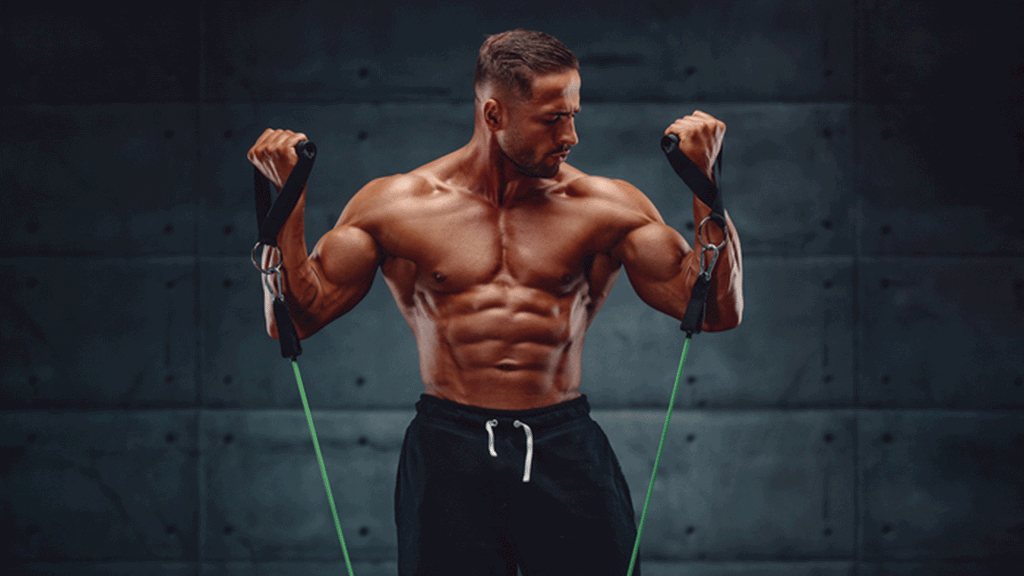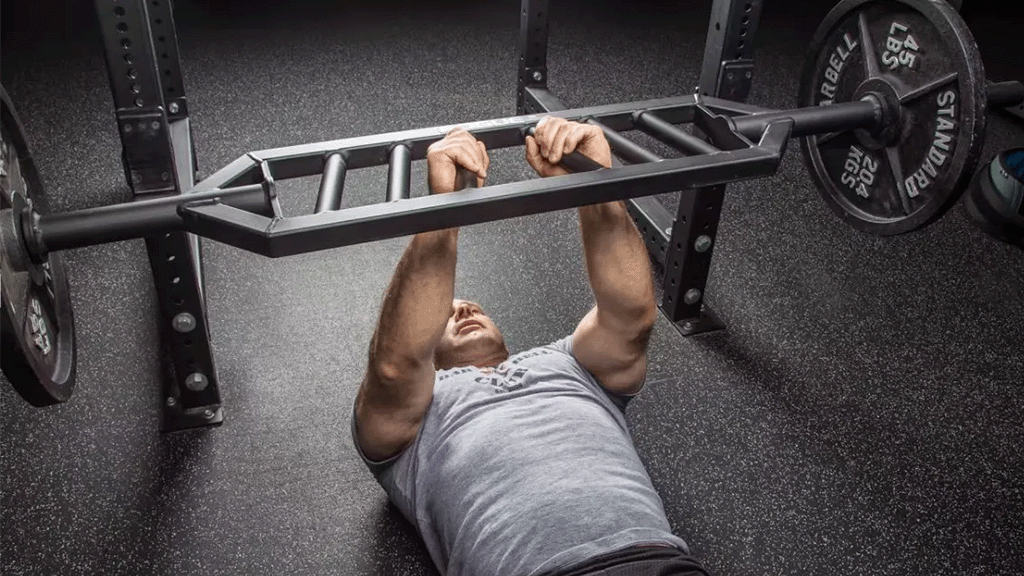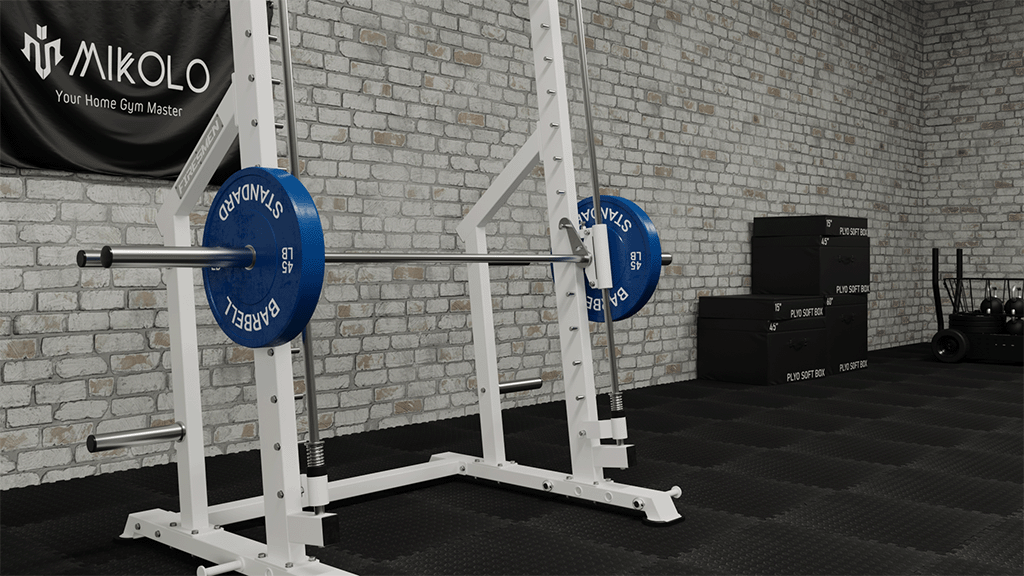A resistance band is an elastic band used for strength training. they are also known as Pull-Up Bands, but their utility extends far beyond just pull-ups. These flexible, elongated loops serve as the foundation for an exceptional full-body workout regimen, requiring minimal space and coming at a negligible cost. Compared to traditional free weights, They add variety to workout routines, improve muscle endurance over time.

In many cases, different colored elastic bands, such as resistance bands, are used to represent varying levels of resistance or tension. While the specific color-coding can vary among manufacturers, Here's a common color-coding system that you might encounter:
Yellow: Lightest resistance. Yellow bands typically offer the least amount of tension and are suitable for beginners, rehabilitation exercises, or individuals looking to perform exercises with lower resistance.
Red: Light to medium resistance. Red bands provide a moderate level of tension and are appropriate for exercises that require a bit more resistance than yellow bands but are still relatively gentle.
Green: Medium resistance. Green bands are a step up in resistance and are often used for general strength training and conditioning exercises.
Blue: Medium to heavy resistance. Blue bands offer a higher level of tension and are suitable for exercises that require a moderate challenge, making them popular for a wide range of workouts.
Black: Heavy resistance. Black bands provide a significant amount of tension and are used for more advanced strength training exercises. They are ideal for those who want to challenge themselves with higher resistance levels.
Purple: Heavy to extra-heavy resistance. Purple bands are among the highest resistance levels available and are typically used by individuals with advanced strength and fitness levels.
Orange: Extra-heavy resistance. In some color-coding systems, orange bands represent an even higher level of resistance than purple, offering an intense challenge for experienced users.
Gray: Super-heavy resistance. Gray bands may be used to represent the highest resistance level in some systems, providing an extremely challenging workout.
How to use the bands: for upper body

Resistance bands are versatile tools that can be used to target various muscle groups in the upper body. Here are some upper body exercises you can perform with resistance bands:
Bicep Curls:
Step on the center of the band with both feet.
Hold the band with your palms facing forward and arms fully extended.
Curl your hands toward your shoulders while keeping your elbows close to your sides.
Lower the band back to the starting position.
Tricep Extensions:
Secure one end of the band at chest height or higher.
Hold the other end of the band with one hand behind your head.
Extend your arm straight upward to work the triceps.
Repeat for the desired number of reps and switch sides.
Shoulder Press:
Stand on the center of the band with both feet.
Hold the band at shoulder height with your palms facing forward.
Press the band overhead until your arms are fully extended.
Lower the band back to shoulder height.
Lateral Raises:
Stand on the center of the band with both feet.
Hold the band at your sides with your palms facing your body.
Raise your arms out to the sides until they are parallel to the ground.
Lower your arms back to your sides.
Front Raises:
Stand on the center of the band with both feet.
Hold the band with your palms facing your thighs.
Raise your arms in front of you until they are shoulder height.
Lower your arms back to your thighs.
Lat Pulldowns:
Secure the band above your head, such as by wrapping it around a sturdy anchor point.
Hold the band with both hands, palms facing forward, and kneel or stand with your feet shoulder-width apart.
Pull the band down toward your chest while keeping your elbows pointing down.
Slowly release the band back to the starting position.
Rows:
Secure the band at chest height or lower.
Hold the band with both hands, palms facing each other.
Step back to create tension in the band.
Pull the band toward your midsection, squeezing your shoulder blades together.
Release the band to return to the starting position.
Push-Ups with Resistance:
Loop the band around your back and hold the ends in each hand.
Assume a push-up position with the band stretched across your upper back.
Perform push-ups, feeling the resistance as you push up and down.
These exercises can help you build strength and tone the muscles in your upper body. Be sure to choose the appropriate resistance level for your fitness level and gradually increase the tension as you progress. Always maintain proper form to prevent injury.
How to use the bands: for lower body

Resistance bands are excellent tools for targeting the lower body muscles, including the legs, glutes, and hips. Here are some effective lower body exercises you can do with resistance bands:
Squats:
Place the band under both feet and hold the ends at shoulder height or on your shoulders.
Perform squats by pushing your hips back and bending your knees while keeping your chest up.
Return to the starting position by straightening your legs and extending your hips.
Lunges:
Step on the band with one foot and hold the ends at shoulder height or on your shoulders.
Step the other foot backward into a lunge position.
Lower your body by bending both knees to about a 90-degree angle.
Push through your front heel to return to the starting position.
Leg Press:
Anchor the band to a sturdy object behind you.
Sit down and place your feet shoulder-width apart on the band.
Push your legs forward to extend them and then bend your knees to return to the starting position.
Glute Bridges:
Lie on your back with your knees bent and feet flat on the ground.
Place the band just above your knees.
Lift your hips off the ground while squeezing your glutes and pushing your knees outward against the resistance of the band.
Lower your hips back to the ground.
Deadlifts:
Stand on the band with your feet hip-width apart.
Hold the band with both hands in front of your thighs.
Hinge at your hips, keeping your back straight, and lower the band towards your shins.
Stand back up by straightening your hips and knees.
Side Leg Raises:
Secure the band around your ankles.
Stand with your feet together.
Lift one leg out to the side against the resistance of the band, keeping your leg straight.
Lower it back to the starting position and repeat on the other side.
Clamshells:
Place the band just above your knees.
Lie on your side with your legs bent at a 90-degree angle.
Keeping your feet together, lift your top knee against the resistance of the band.
Lower it back down and repeat.
Monster Walks:
Place the band just above your knees.
Take small steps forward, backward, or sideways while maintaining tension in the band.
This exercise targets the hip abductors and helps improve hip stability.
Standing Leg Abduction:
Secure one end of the band to a sturdy object at ankle height.
Attach the other end to your ankle.
Stand facing the anchor point and lift your leg sideways against the resistance.
Seated Leg Abduction:
Sit in a chair with the band looped around your legs just above your knees.
Push your knees outward against the resistance to work the hip abductors.
These resistance band exercises are effective for strengthening and toning the lower body muscles and can be tailored to your fitness level by choosing the appropriate resistance level. Be sure to maintain proper form and gradually increase the intensity as you progress.













































Leave a comment
This site is protected by hCaptcha and the hCaptcha Privacy Policy and Terms of Service apply.